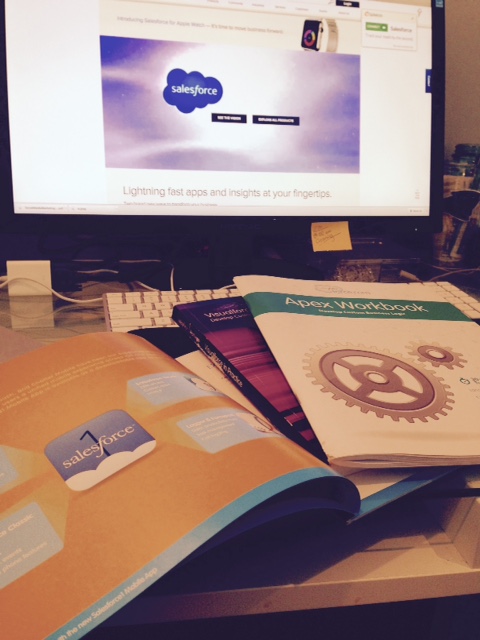CRM Implementation – What it Means for your Company's Culture

 As a business development lead for a managed services consulting firm, I get a very interesting perspective about businesses that many do not see. I equate it to a visit to the doctor: in order to get to the root of the issue you may have to share some pretty personal things about the state of your business and where the pain points are evident, causing you to seek outside help.
As a business development lead for a managed services consulting firm, I get a very interesting perspective about businesses that many do not see. I equate it to a visit to the doctor: in order to get to the root of the issue you may have to share some pretty personal things about the state of your business and where the pain points are evident, causing you to seek outside help.
Today's ever-changing technology landscape offers tools and tactics that can make your business more effective and efficient. The excitement of having a new tool or toy like a CRM platform can help with analytics, observations and trends but it can overshadow a very important question, which is, "How is this integration or CRM implementation going to effect my company's culture?"
Explain the WIFM from the beginning!
It's all about how you serve it up. Management may understand why a CRM platform or system is needed, but from an account manager who has been operating "just fine" for years this could be seen differently. Lay out the What's In It For Me? (WIFM) perspective to every level of the organization to show how this is a good fit for the company as a whole. Show your account managers how to make money with it and they will see it as a helpful tool instead of a management tactic. A colleague of mine once said, "Having a CRM is like each team member having his or her own personal administrative assistant." A CRM system is the trusted assistant that can remind you with an exact day and time to follow up with an account, record all the detailed notes from your last meeting, collect all the email correspondence from your prospect, and remind you of all the key players and their roles on your important project. Explain all the benefits of adding a CRM from the start.
Seed the team with Integration Champions
In the planning process and way in advance of the deployment, the sales management team should select a few account managers to be part of the vetting team. Appointing a special projects team gives them added experience with the CRM strategy and a chance to buy-in to the process. This ensures you will have some 'insiders' who appreciate that their thoughts are being considered in this major organization change and will feel part of the solution process. These individuals will have seen, tested and used the CRM system before it is deployed to the entire company and they can help quiet the fears and speculation about the change. As the CRM strategy rolls out to the entire group, these champions will have some working knowledge of the strategy and the system to offer to others as well as be seen as 'go-to individuals.'
So What?
The race to streamline efforts and to collect data on your target customer is a growing trend in commerce. Don't just look at what technology can do for you, but how you can use it to mobilize your strategy and empower your employees. The combination will ultimately help your company become more successful!
This white paper highlights key considerations whilst choosing your CRM system and how two leading CRM providers, Salesforce.com and SAP CRM, hold up against those considerations.
Download the Whitepaper by clicking on the image below!


